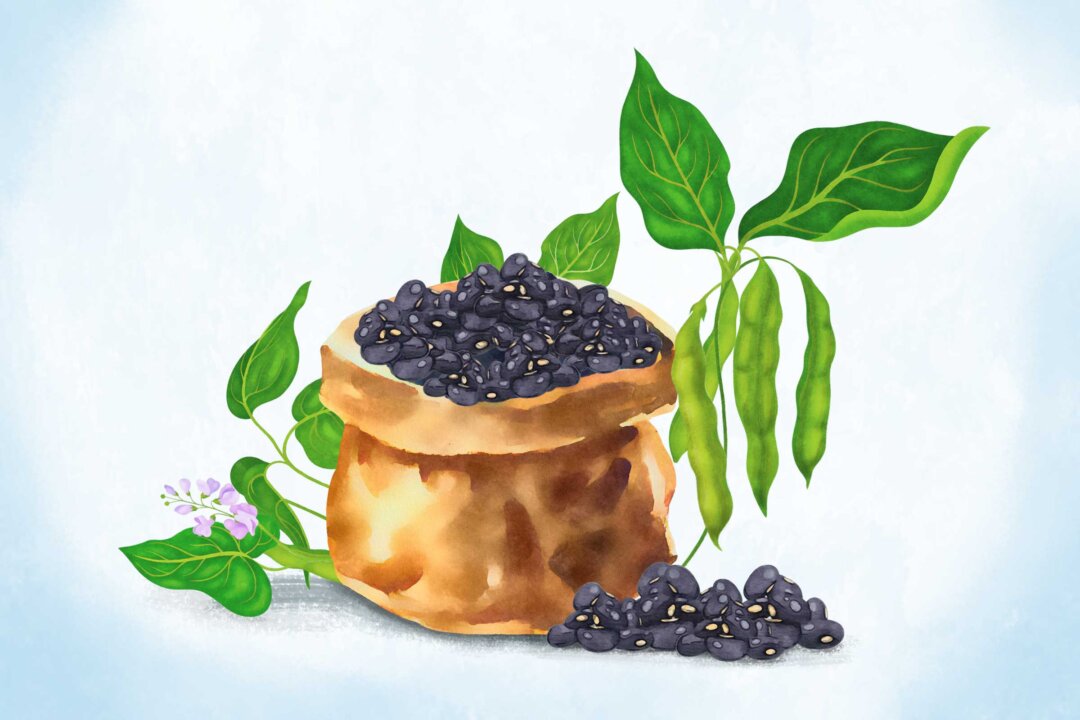
On a cold winter night, a steaming bowl of black bean stew or a hearty plate of black beans and rice can be comforting. With their creamy texture and subtly sweet flavor, these tiny powerhouses of health strengthen the heart, regulate blood sugar, and support a healthy weight. A timeless staple in kitchens worldwide, the humble black bean has earned its place at the table.
Pack a Protein Punch: 1 cup of black beans offers more than 15 grams of protein. Plenty of Fiber: The ample fiber in these tiny beans ensures our bellies stay full and keeps things moving politely through our digestive system, helping us avoid constipation. High in Antioxidants: Black beans stand out from other beans due to their abundant anthocyanins , which give them their dark color.

Anthocyanins are potent antioxidants associated with reducing inflammation and improving heart health . Abundant Magnesium: Black beans are also particularly high in magnesium, containing about 60 milligrams per half cup, more than many other legumes. Contain Essential Nutrients: These mighty beans are filled with iron, potassium, zinc, vitamin A, and calcium.
Rich in Folate: Folate, or vitamin B9, is needed for cell division and growth as it contributes to the production of DNA and RNA. Folate also creates healthy red blood cells and is critical in pregnancy as it helps form the neural tube, which becomes the brain and spinal cord. Vitamin D: The Sunshine Vitamin and Its Notable Benefits Elderberry: The Immunity Defender That Helps You Fight Cold and Flu Cardiovascular Health Researchers found that a group of adults over 50 who ate two daily servings of pulses (which included black beans) over two months significantly lowered their total cholesterol (8.
3 percent) and low-density lipoprotein (LDL) cholesterol (7.9 percent). Additionally, the antioxidants in black beans, like anthocyanins and quercetin, fight oxidative stress and inflammation, which increase our risk of heart disease.
Inflammation in your vessels can lead to atherosclerosis, which in turn can lead to heart attacks. Black beans are also rich sources of magnesium and potassium, which help regulate heart rhythms and blood pressure. Regulate Blood Sugar Help Weight Management Other Benefits When properly stored, dried black beans can last over a decade, making them the perfect emergency/survival food.
Black beans are native to Central and South America and have been cultivated for more than 7,000 years . Brazil is the world’s top producer and consumer of black beans, and they are an integral part of Brazilian cuisine. Black beans are a key ingredient in feijoada—a black bean and meat stew—the country’s national dish.
Black beans are also referred to as turtle beans because of their hard, shiny shell and oval shape, which resemble a turtle’s shell. Other popular names are frijoles negros, the Spanish translation for black beans, and caviar criollo, a term that refers to the beans’ smooth, creamy texture, which is compared to that of caviar. Black beans belong to the Fabaceae family, the third largest plant family on earth, which includes lentils, chickpeas, peas, and peanuts.
A good example is black beans and rice. On their own, black beans and rice lack certain essential amino acids and are incomplete proteins. However, eaten together, they form a complete protein, each contributing amino acids the other is missing.
Our bodies cannot make essential amino acids, so we must get them from our diets. This may explain why many cultures have thrived on beans and rice for centuries. The high fiber and starch in black beans can cause digestive problems, such as bloating and gas, in some people.
If you are not accustomed to eating them, introduce them slowly into your diet. Drinking plenty of water will help your body adjust and avoid digestive upset. Dried black beans should be stored in a cool, dry place to preserve maximum freshness.
For long-term storage and to make your dry beans last as long as possible, store them in sealed food-grade plastic buckets or heavy-duty mylar bags with oxygen absorbers, which can be found online. Cooked beans can be stored in the fridge for three to four days and in the freezer for up to six months..















